Climate Change & Jesuit Higher Education: Reportback from Loyola Chicago #1
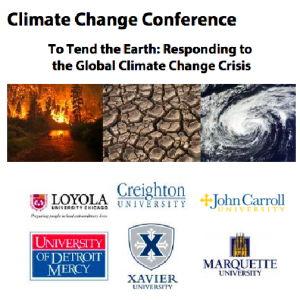
James Hug, S.J. is attending Loyola University’s Chicago’s Climate Change Conference and will be offering reflections over the next few days.
Loyola University Chicago is hosting its second annual Climate Change Conference this week (March 19-21). The conference, gathering leaders from Jesuit colleges and universities in the midwest part of the country, is designed to “tend” or pay attention to and serve the needs of Earth at this crucial time in planetary history. It promises to place us squarely in the role of caretaker and explore the implications of “tending earth” through an interdisciplinary reflection on the ethical principles, policies, and actions needed to combat the crisis of global climate change.
The conference is co-sponsored by the six Jesuit universities of the upper Midwest, a collaboration that is promising for the future of Jesuit networking in addressing global issues of justice and sustainability. The co-sponsoring universities joining Loyola are Creighton University, John Carroll University, Marquette University, University of Detroit Mercy, and Xavier University.
The conference will feature “interdisciplinary reflection on the ethical principles, policies, and actions needed to combat the crisis of global climate change.” The conference will begin with reports on the sustainability initiatives, student organizations and actions, policies, and programs at the six universities. It will then proceed to probe the framework of justice that needs to guide future debates, motivations, and potential policy commitments, including institutional divestment from fossil fuels and reinvestment in alternative sustainable sources of energy.
An underlying question of significant interest is what a concerted set of actions and programs from the Jesuit network of higher education institutions in the U.S. might succeed in achieving as an educational statement to the nation and a model for concerned and committed institutions, organizations and corporations of all kinds. Stay tuned.
James E. Hug, S.J., has a long history working in social ethics and social justice advocacy in the Catholic community. He served 24 years as the President of the Center of Concern, a Washington, DC based social justice institute rooted in Catholic social tradition, working for greater economic, social, and ecological justice globally. He holds a doctoral degree in Christian ethics from the University of Chicago and a master’s degree in Christian spirituality from St. Louis University.
Fr. Hug’s research has focused on issues of faith and economic justice and he has lectured and directed workshops throughout the U.S. and in Europe, Asia, Africa, and Australia. Currently he serves as sacramental minister for the Adrian Dominican Sisters and writes on issues of spirituality for social transformation in these difficult times. His blog, “Truth that does Justice,” can be found on the website for the Dominican Center: Spirituality for Mission, www.dominicancenter.org.
Past publications have included Catholic Social Teaching: Our Best Kept Secret, Social Revelation: Profound Challenge for Christian Spirituality, and Tracing the Spirit: Communities, Social Action, and Theological Reflection. Jim has also written chapters for Globalization and Catholic Social Thought: Present Crisis, Future Hope and The Pastoral Circle Revisited: A Critical Quest for Truth and Transformation.
Fr. Hug’s research has focused on issues of faith and economic justice and her has lectured and directed workshops throughout the U.S. and in Europe, Asia, Africa and Australia. He was the editor of the Center of Concern’s “Catholic Social Teaching: Our Best Kept Secret, author of Social Revelation: Profound Challenge for Christian Spirituality,” and the editor of “Tracing the Spirit: Communities, Social Action, and Theological Reflection.” Jim has also written chapters for “Globalization and Catholic Social Thought: Present Crisis, Future Hope” and “The Pastoral Circle Revisited: A Critical Quest for Truth and Transformation.”

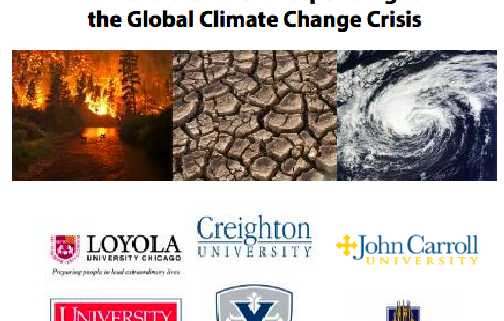
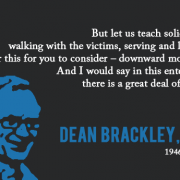
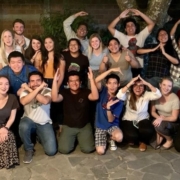
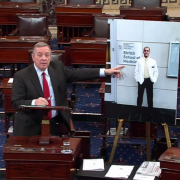

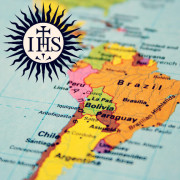
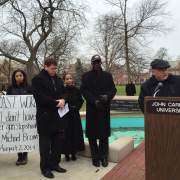



Leave a Reply
Want to join the discussion?Feel free to contribute!